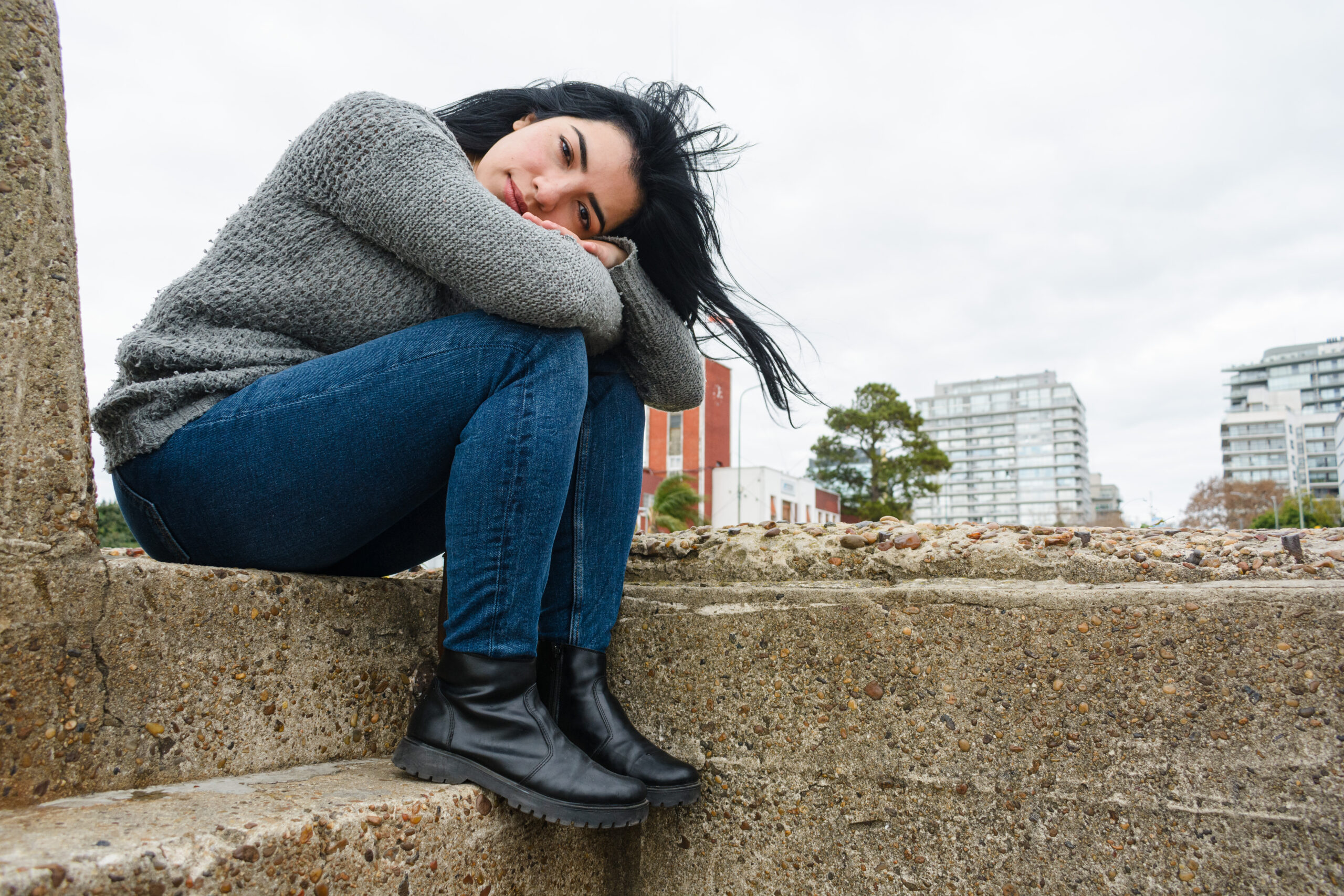Depression is more than just feeling sad or having a bad day. It’s a complex mental health condition that affects millions worldwide, touching every aspect of life—emotionally, physically, and socially. Despite its prevalence, depression remains misunderstood and stigmatized, leaving many to suffer in silence.
What Is Depression?
Depression, clinically known as major depressive disorder (MDD), is a mental health condition characterized by persistent feelings of sadness, hopelessness, and a loss of interest in activities once enjoyed. It’s not simply a phase or a reaction to life’s challenges—it’s a serious condition that requires attention and care.
Common Symptoms:
- Persistent low mood or sadness
- Fatigue or lack of energy
- Changes in appetite or weight
- Difficulty concentrating or making decisions
- Feelings of guilt, worthlessness, or helplessness
- Insomnia or oversleeping
- Loss of interest in hobbies or social activities
- Physical symptoms such as headaches or body aches
- Thoughts of death or suicide
The Science Behind Depression
Depression isn’t just “in your head.” It involves complex interactions between brain chemistry, genetics, environment, and life experiences. Imbalances in neurotransmitters like serotonin, dopamine, and norepinephrine play a role, as do structural changes in the brain.
Risk Factors
- Biological: Family history of depression or other mental health disorders.
- Psychological: Chronic stress, trauma, or low self-esteem.
- Social: Isolation, relationship difficulties, or socioeconomic challenges.
Breaking the Stigma
One of the most significant barriers to treatment is stigma. Society often dismisses depression as weakness or laziness, discouraging people from seeking help. Open conversations, education, and advocacy are vital to creating a supportive environment for those struggling.
Treatment and Management
The good news is that depression is treatable. Here are the most common approaches:
Therapy:
- Cognitive-behavioral therapy (CBT) helps reframe negative thought patterns.
- Interpersonal therapy (IPT) focuses on improving relationships and communication.
Medication: Antidepressants, such as SSRIs or SNRIs, help regulate brain chemistry.
Lifestyle Changes:
- Regular physical activity can boost mood-enhancing endorphins.
- A balanced diet and good sleep hygiene improve overall mental health.
- Mindfulness and relaxation techniques reduce stress.
- Hormone balance
Social Support: Building a strong support network of friends, family, or support groups provides emotional relief and encouragement.
How to Help Someone with Depression
- Listen without judgment: Sometimes, just being there is enough.
- Encourage professional help: Gently suggest seeing a doctor or therapist.
- Be patient: Recovery takes time, and relapses can happen.
A Path Toward Hope
Depression may feel insurmountable, but there is always hope. By recognizing the signs, seeking help, and supporting others, we can create a world where mental health is prioritized and no one feels alone in their struggle.
If you or someone you know is experiencing depression, remember: help is available. Don’t hesitate to reach out to a trusted professional or a hotline in your area. Your mental health matters.

